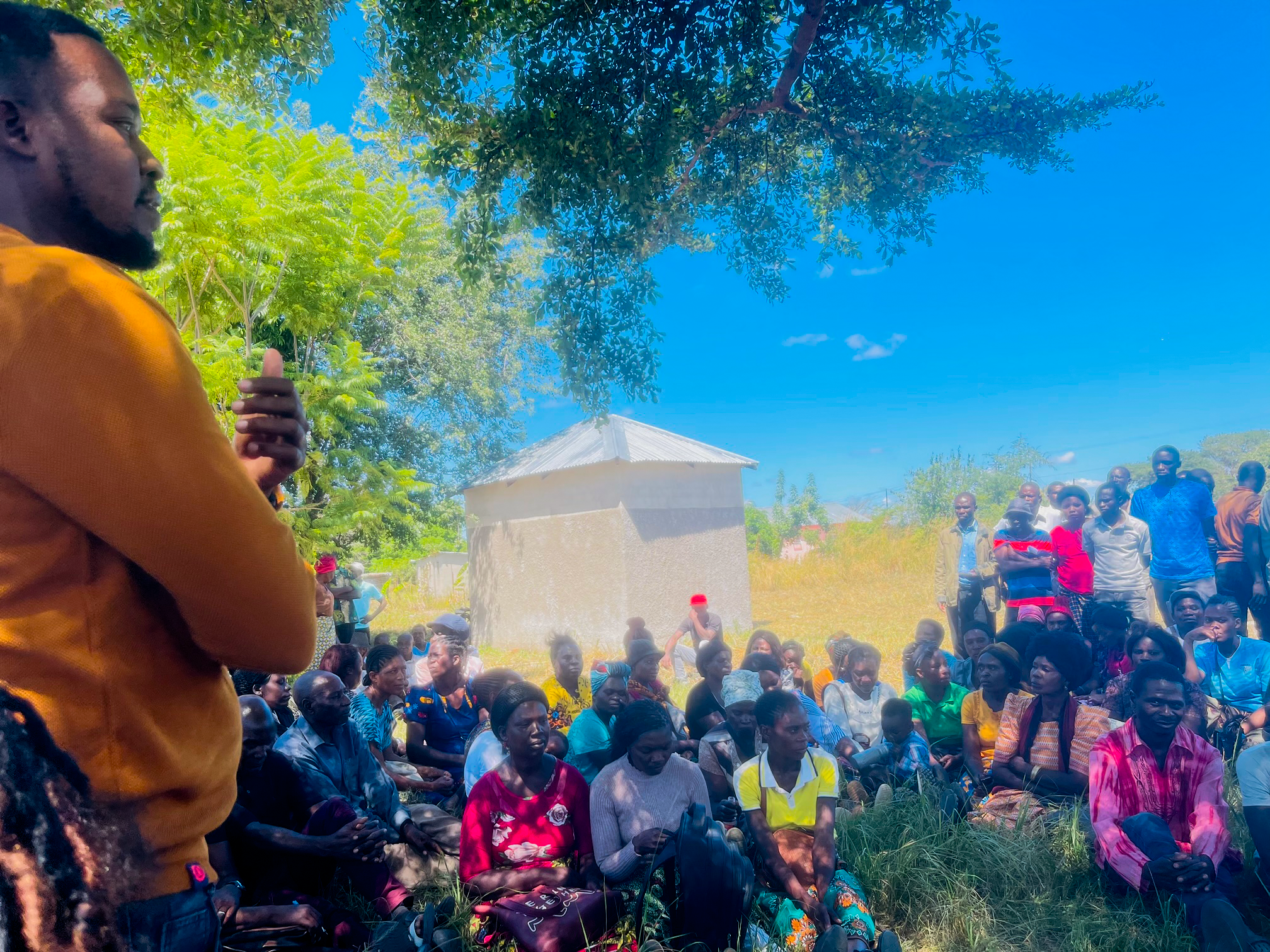The world is undoubtedly going digital, and Africa is no exception. Many African countries are developing and implementing policies to promote digital inclusion. However, the digital divide still remains prevalent in Sub-Saharan Africa (SSA) exacerbating inequalities and the world’s most pressing developmental challenges. Imagine what Africa would be like if every country was digitally connected. This would mean more empowered communities, greater economic opportunities, better access to relevant services, and much more.
According to the Africa Policy Research Institute (APRI) digital agenda report, Zambia is one of the Sub-Saharan countries showing promise in bridging the digital divide. Government efforts to improve digital infrastructure, implement supportive policies, and promote digital literacy are laying the foundation for enhanced economic and social development.
At Brastorne, we have always understood that Africa needs innovative solutions that are practical, affordable, easy to access, and easy to use. This is why we leveraged USSD as a cost-effective platform for delivering innovative digital solutions in partnership with Mobile Network Operators (MNOs) in Botswana, the Democratic Republic of the Congo, Cameroon, and Guinea, impacting over 4 million lives. Now, we are setting our sights on Zambia.
Access to information, the cost of access, and the ease of access still leave behind marginalized communities as the world goes digital. These factors are significant contributors to the challenges faced by African countries like Zambia, which are striving to eradicate poverty, reduce inequalities, and improve the lives of marginalized communities.
Our work in Zambia

Our expansion into Zambia is supported by Heifer International, with the aim of significantly impacting the farming community by leveraging digital tools to enhance agricultural productivity and market access. Agriculture is a major economic contributor in Zambia, employing the majority of its labor force. We seek to bridge the digital divide and empower smallholder farmers with our innovative solutions.
To inform this expansion, Brastorne conducted thorough research in Zambia, focusing on the districts of Kapiri Mposhi, Chibombo, and Mumbwa. The research aimed to establish baseline metrics for crop yields, animal production, and farmers’ income before the launch of the mAgri application. The study, involving structured interviews with farmers in these districts covered by the MTN mobile network, revealed key insights:
- Agricultural operations in Zambia predominantly rely on traditional farming practices with limited mechanization and modern agronomic techniques.
- Maize emerged as the main cash crop planted by farmers, followed by soybeans, cassava, and tobacco.
- The majority of farmers were subscribers to MTN (49%) and showed a strong preference for it.
These insights highlight the need for affordable and easily accessible solutions to enhance farmers’ efforts to improve their livelihoods, contributing significantly to socioeconomic development.
As Brastorne continues its journey to bridge the digital divide and connect 760 million Africans who lack meaningful access to today’s digital world, it plans to expand its solutions to 19 different African countries.
Click here to learn more about the in-depth findings from the research done in Zambia.

